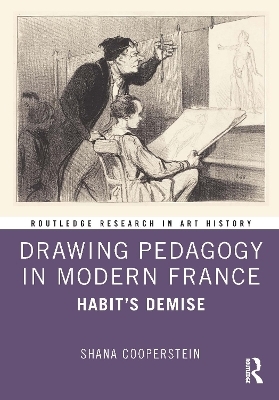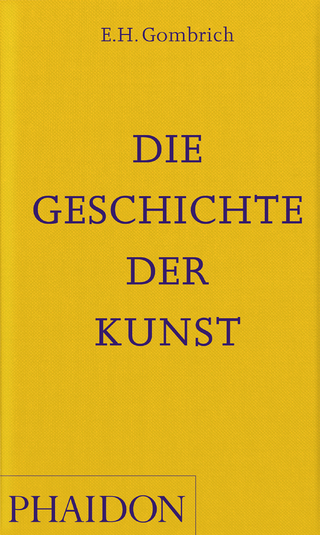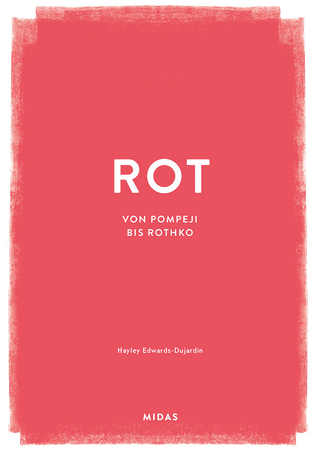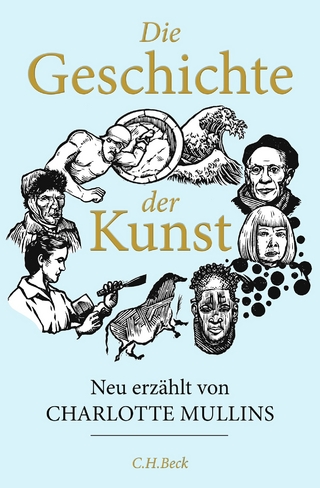
Drawing Pedagogy in Modern France
Habit’s Demise
Seiten
2024
Routledge (Verlag)
978-1-032-46596-8 (ISBN)
Routledge (Verlag)
978-1-032-46596-8 (ISBN)
This study uncovers the plethora of new, innovative drawing strategies that shaped French visual arts at the height of France’s imperial power.
Horace Lecoq de Boisbaudran, Eugene Guillaume, and Félix Ravaisson, among others, designed new drawing procedures that responded to leading concerns of modern art and the exigencies of modern life: landscape painting and picturesque tourism, industrial design, and the use of drawing as vehicles of knowledge production and in social control. From graphic regimes that were “purement mathématique” and demanded the practice of orthographic projection, to those that privileged the articulation of proportions and the cultivation of an internal measuring system, fin de siècle educators in the fine and applied arts radically transformed drawing strategies and its history. The shifting parameters of drawing pedagogy and practice unfold onto a wider set of theoretical concerns central to humanistic inquiry and art-making today: the philosophy and cultural history of habit-based learning, the relation between industrialization and drawing, and the relation between art and mathematics.
The book will be of interest to scholars working in art history, French studies, history of art education, history of philosophy, and history of science.
Horace Lecoq de Boisbaudran, Eugene Guillaume, and Félix Ravaisson, among others, designed new drawing procedures that responded to leading concerns of modern art and the exigencies of modern life: landscape painting and picturesque tourism, industrial design, and the use of drawing as vehicles of knowledge production and in social control. From graphic regimes that were “purement mathématique” and demanded the practice of orthographic projection, to those that privileged the articulation of proportions and the cultivation of an internal measuring system, fin de siècle educators in the fine and applied arts radically transformed drawing strategies and its history. The shifting parameters of drawing pedagogy and practice unfold onto a wider set of theoretical concerns central to humanistic inquiry and art-making today: the philosophy and cultural history of habit-based learning, the relation between industrialization and drawing, and the relation between art and mathematics.
The book will be of interest to scholars working in art history, French studies, history of art education, history of philosophy, and history of science.
Shana Cooperstein is Assistant Professor of Art History, School of Humanities, IE University.
Introduction 1. The Problem of Habit 2. Horace Lecoq de Boisbaudran’s System of Visual Memory Training: Plotting Points, Hand-Eye Coordination, and Memorized Metrics 3. Designing Compulsory Drawing Education and the Problem of “Mechanical” Image-Making 4. Drawing Education in a Globalizing Era: Félix Régamey and National Art Instruction
| Erscheinungsdatum | 22.08.2024 |
|---|---|
| Reihe/Serie | Routledge Research in Art History |
| Zusatzinfo | 10 Halftones, color; 28 Halftones, black and white; 10 Illustrations, color; 28 Illustrations, black and white |
| Verlagsort | London |
| Sprache | englisch |
| Maße | 174 x 246 mm |
| Gewicht | 480 g |
| Themenwelt | Kunst / Musik / Theater ► Kunstgeschichte / Kunststile |
| Geisteswissenschaften ► Philosophie | |
| Sozialwissenschaften ► Pädagogik | |
| ISBN-10 | 1-032-46596-4 / 1032465964 |
| ISBN-13 | 978-1-032-46596-8 / 9781032465968 |
| Zustand | Neuware |
| Informationen gemäß Produktsicherheitsverordnung (GPSR) | |
| Haben Sie eine Frage zum Produkt? |
Mehr entdecken
aus dem Bereich
aus dem Bereich


